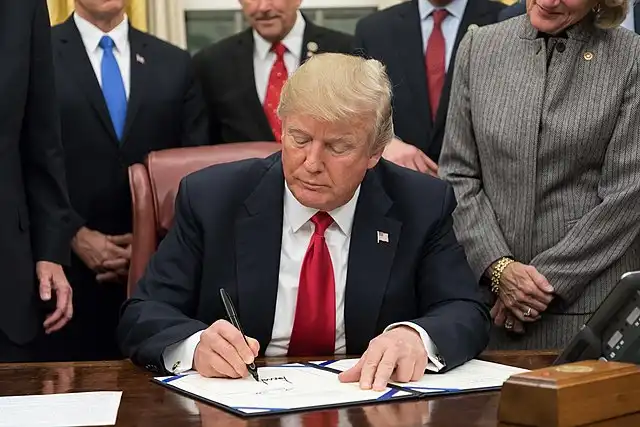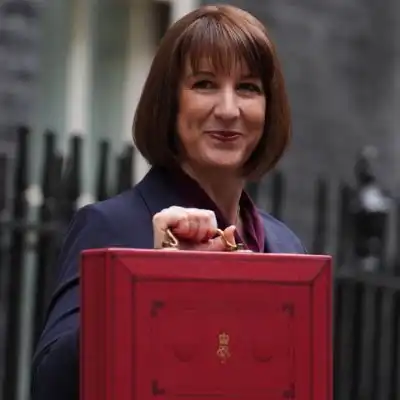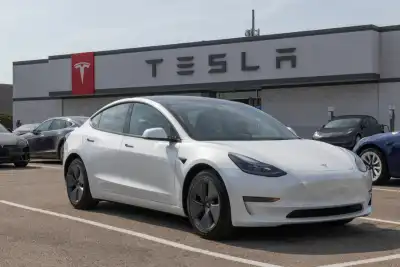
European automaker stocks took a hit after Donald Trump was elected president last week, causing more financial stress for car companies already facing tough times. BMW’s stock fell by 6.6%, Mercedes-Benz dropped 6.4%, Porsche slid by 4.9%, and Volkswagen saw a 4.3% decrease. Investors were concerned about the potential impact of Trump’s presidency on the industry.
Trump has been openly critical of electric vehicles and is pushing for more domestic oil drilling, but his close ties to Tesla’s CEO suggest that the focus might shift to imposing tariffs on imported cars instead of outright rejecting EVs. He’s also suggested higher tariffs on foreign cars to protect U.S. jobs, particularly in swing states like Michigan that were key to his victory.
In response, UK Chancellor Rachel Reeves stated that the British government would engage with the incoming administration to push for free trade, as tariffs on imported cars could hurt the UK’s automotive sector. The U.S. is the second-largest market for cars made in Britain, following the EU.
The Society of Motor Manufacturers and Traders (SMMT) is urging the UK government to collaborate with Trump’s team to find solutions that protect jobs in the sector. Mike Hawes, SMMT chief executive, emphasised the importance of the U.S.-UK trade relationship for high-value jobs and economic growth on both sides of the Atlantic.
Trump has also mentioned plans to target German carmakers, stating at a rally that he wants them to build more factories in the U.S. Shares in General Motors and Ford rose by 4% in anticipation of policies that could favor U.S. businesses. Meanwhile, Stellantis (owner of Chrysler and Jeep) saw a 1.3% rise, and Tesla’s stock surged 13%, with investors betting that Musk’s support of Trump will benefit the company. U.S. automakers are also expected to gain from corporate tax cuts and looser regulations under Trump.
Chinese carmakers are less affected, as they already face hefty tariffs, making them less competitive in the U.S. market.




